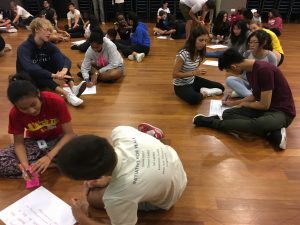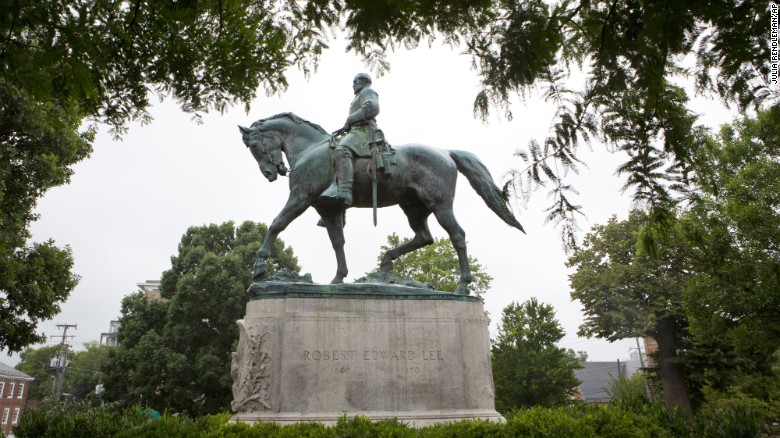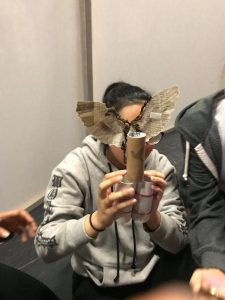- Where is your learning going? How will you apply skills, qualities you’ve developed outside of IFP?
During this IFP season, I have learned a lot about myself and who I am as a person. Especially in the personality test, I learned new aspects about myself or some things I have never thought about. I have a campaigner personality and I felt like that reflected my crazy personality. Reading about the campaigner personality, I learned about my weaknesses such as I tend to overthink to much or I can get stressed easily. Now I have the knowledge and I can try my best to improve on my weaknesses and therefore, help me in the future.
https://www.16personalities.com/enfp-strengths-and-weaknesses
- What have you learned about collaboration? Have you learned to be more effective when working with others? What’s your biggest obstacle when asked to contribute to a team?
My biggest obstacle when asked to contribute with a team was to make sure everyone has a voice. Generally, there are always people that feel to shy or that overpower conversations and I have trouble knowing what to do in those situations. I think that I experienced both situations (depending on with who I am with) but I realised it is easier for me to stop talking when I am overpowering the conversation than speaking up when I am shy. This was particularly shown in the joint training with Dover. I had trouble giving my full participation as I was scared that my ideas weren’t as good as the others. To improve on that more I could maybe communicate my difficulty to speak up sometimes before starting the activity so that others are more aware.
- In what ways have you been a mentor to others this year? Where and when have you shown initiative?
To be honest, I don’t think I have been a mentor in the sessions. Yet, I contributed small things such as being very welcoming to new people that I have never talked to. I believe that this helped create a better environment within my group in the social media session for example.
- Which session has done the most to address your areas for improvement as a peace builder? How did that session encourage growth?
This year, the lesson about mentor group planning was where I have changed my way of being the most. Looking back at the results on the survey made me realise how much discrimination was happening behind the scenes of the school and it opened my eyes. It was kind of a revelation. This made me change some of my vocabulary and alter some of my jokes as I realised that most of my humour is based on mocking not individuals but groups of people. Of course, I never intended for them to be mean and that’s why they were called “jokes” but it made me realise that I have to be more careful and filter more what I say because some people might get hurt. As a whole, this session helped me improve my language.
- What have you learned about leadership & what qualities and skills have you developed in IFP to help do this?
I learned that taking leadership is not particularly about talking the most but also contributing new ideas. This was mostly demonstrated to me when we did the lead facilitation. When we were sitting in small group before the facilitation, a lot of people that are generally more shy were contributing a lot to the conversation. Yet, when it came to facilitating in front of an audience they talked less and let others speak. I found that interesting as this shows that what you see is sometimes not the “truth”.
- What has your engagement in IFP looked like your peers? What makes you say so?
Going back to the joint training at dover, I worked very closely with my group. I think that for them, it maybe seemed like I did not talk that much and didn’t contribute to the conversation enough even though I still wrote a lot. This may have been a bit stressing for them as I know how it feels when you are in a group and some people don’t contribute as much. Yet, in the actual conference I stepped up and contributed well to the conversations.
Related reflection post:

 This is Robert Edward Lee who assumed command of the Army of Northern Virginia, which he would lead for the rest of the war. He fought to preserve slavery and political liberty for whites. Nevertheless, when you see this statue, you are under the impression that he is being honoured. People might get wrong information from it. There has been a lot of conflict behind this statue as many people want to take it down. It is now covered by a black cloth.
This is Robert Edward Lee who assumed command of the Army of Northern Virginia, which he would lead for the rest of the war. He fought to preserve slavery and political liberty for whites. Nevertheless, when you see this statue, you are under the impression that he is being honoured. People might get wrong information from it. There has been a lot of conflict behind this statue as many people want to take it down. It is now covered by a black cloth. 


